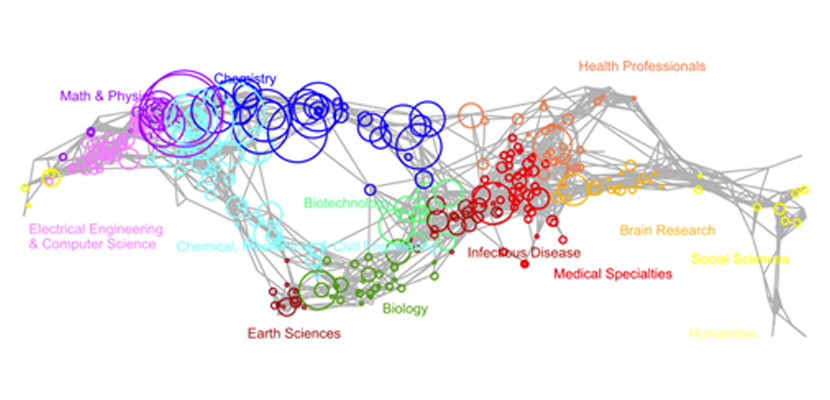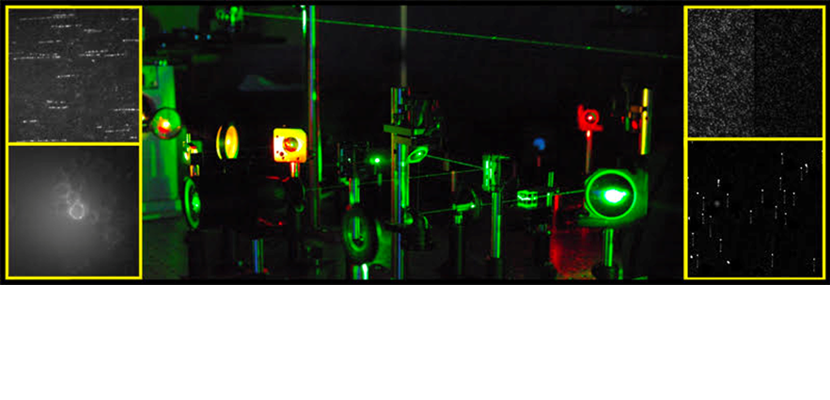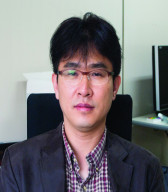Physics research in the 21st century has been enlarged into understanding the “emergent behavior”, in the so-called complex systems. Biophysics is an interdisciplinary field that studies biological phenomena from molecular scale to macroscopic scale via the eyes of physics and mathematics. Nowadays, since it has become possible to observe single-molecule phenomena, understanding the heterogeneity of microscopic biological phenomena and its stochastic process has become quite important. Complex systems is a new rising field of statistical physics. It can serve as a novel comprehensive tool for other fields by extending the physical tools of the conventional statistical physics.
Research Areas
Single-molecule biophysics ( Jong Bong Lee)
Aim to visualize the dynamic progressions of ensemble DNA mismatch repair (MMR) in vitro and in vivo to detail the mechanism of MMR using single-molecule techniques, and then to develop a platform to screen MMR functions of a single cell at the single-molecule level. This will make it possible to overcome the heterogeneity problem of cancer cells for precision medicine.
Nano-Precision Mechano-Biology Group (Min Ju Shon)
Biology is coordinated interactions of molecules. We investigate the mechanics of biological systems with nanoscale approaches at the single-molecule level. We employ existing techniques like molecular tweezers, fluorescence imaging, and nano/microfabrication, and develop new methods when necessary.
Theoretical Biophysics & Statistical Physics (Jae Hyeong Jeon)
At the microscopic level, biological phenomena can be regarded as being stochastic. Specifically, it can be seen as emergent phenomena due to thermal fluctuations and complex interactions between biological matter. Here, we study transport dynamics in life, structural properties of chromosomes, and DNAs and polymers.
Complexity in Social System Lab (Woo Sung Jeong))
Analyze “Big Data” regarding social systems via theories of complex systems. Main research themes are future technology predictions, macroscopic and microscopic economic systems, and sports.
Nonlinear & Complex System Laboratory (Seung Whan Kim)
At NCSL, various efforts are being made to scientifically understand the complex behavior of the brain. During the past 30 years, non-linear dynamics, chaos, and complex sciences have contributed to understanding the hidden nature of complex systems. We mainly focus on mathematically simulating the cognition of the brain.











-2.gif)








 Login
Login


